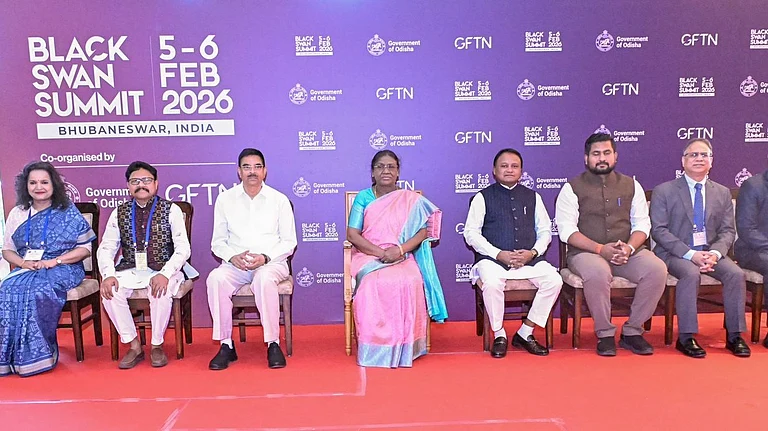Moviegoers across the world have divided themselves into camps: Barbie and Oppenheimer. While theorists will use their data-weapon to argue that escapism sells well in times of crises to predict a win for Barbie, if box office numbers are anything to go by, the popular vote is tilted in favour of Christopher Nolan’s film. It is a biopic free from the trappings of hagiography, where you wildly oscillate between sympathy and hate for the protagonist. Till the very end, you just cannot make up your mind whether J. Robert Oppenheimer is a hero or villain; to force a layered view of a subject where the grey does not merge into the black or white is a rarity in today’s polarised world.
Polarisation has also divided us into the camps of liberals and right-wingers. Caught in this tension between ideologies is the story of our intellectual degeneration. Therein lies the win for Nolan. His filmmaking lays bare the complexities of legacy. He makes us think.
The social and cultural churn of the past decade has made the concept of legacy hostage to the binaries of good and bad with an attempt to homogenise our past and present into “us” and “them”. The outsider in the Indian context is always the Muslim.
Legacy is deeply swayed by spacial and temporal context, never free from the politics of knowledge. Viewed from the lenses of different ideologies, legacy assumes different shades that determine the relevance of institutions, personalities and, in the case of this edition, companies. For a company, it can never be the summation of its balance sheets and, that is why, attempts at periodic ranking of businesses are futile. It is an exercise to objectively look at the subjective. An effort best avoided. Legacies of companies, especially the ones that have survived over a century in the subcontinent, are complex. They have been shaped by discourses of political economy and history that swayed our nation first under imperial subjugation, then during the decades of Nehruvian socialism, followed by emergency and then liberalisation. They have moved from nationalism and protectionism to globalisation in a span of just 100 years. But this journey of corporate India should not be read as an uncritical espousal of the political thought of the day.
Any attempts to reverse this would work against the legacy of these companies, more narrowly against their long-term interests. Free thinking breeds innovation and creativity, both crucial ingredients for business sustenance, while polarisation does just the opposite. By victimising dissent, it leaves no space for alternate imagination. There is no instance in history when blind subservience to political ideology has bred multi-generational corporations; it most certainly has bred cronies. The present will be no different.
“The scientist is free, and must be free to ask any question, to doubt any assertion, to seek for any evidence, to correct any errors”: Oppenheimer limits this scope of freedom to scientists, but it applies to every profession and every walk of life.
Speak truth to power. Vilification is temporary, legacy is forever.































